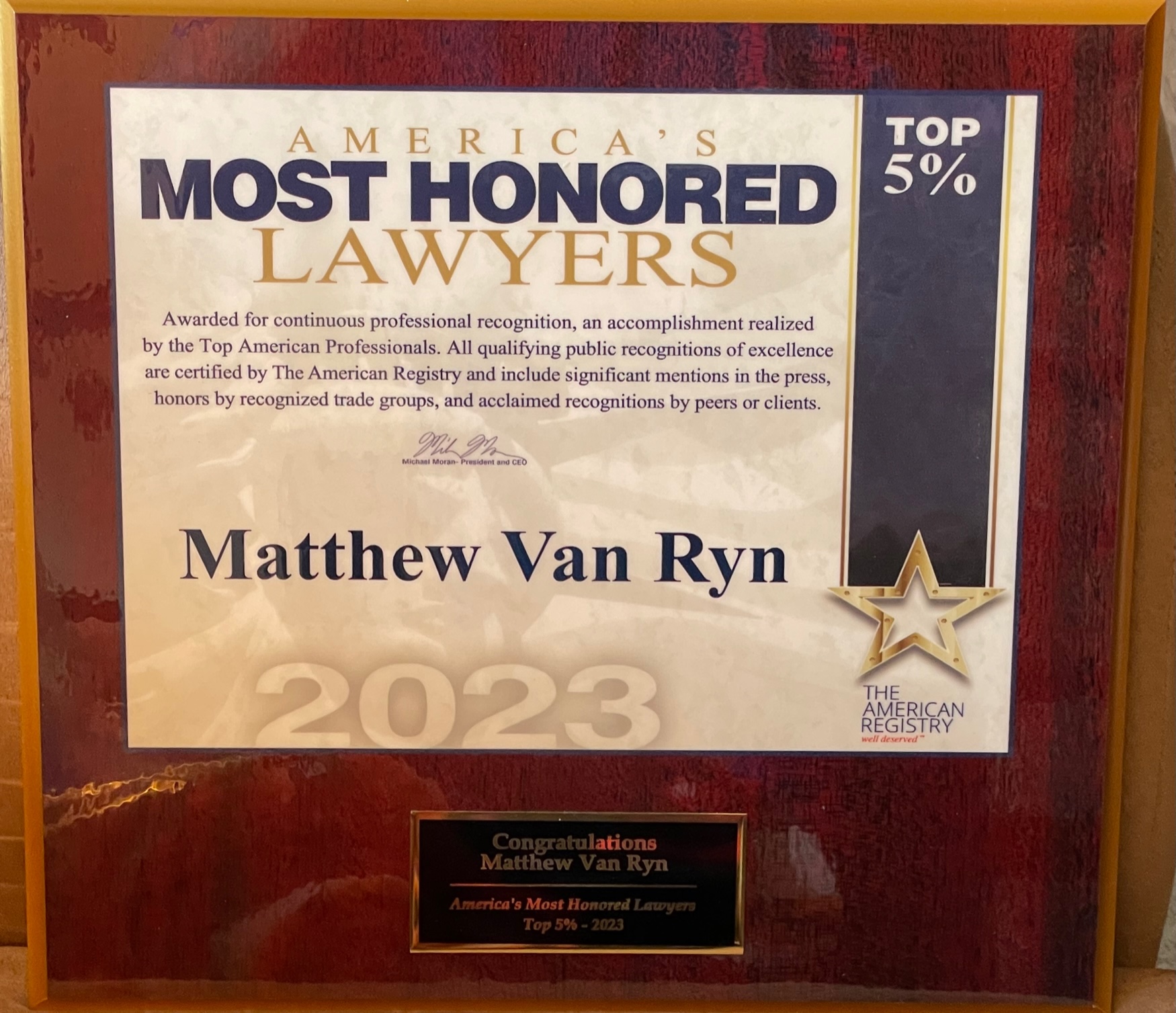Private placements offer businesses an alternative way to raise capital without going public. However, navigating these transactions requires strict compliance with securities laws. Without proper legal guidance, companies can face severe penalties, lawsuits, or regulatory actions. Consulting a private placement lawyer or a business attorney near me can help mitigate risks and ensure a smooth process.

Understanding Private Placements
Private placements involve selling securities to a select group of investors, usually without registering with the Securities and Exchange Commission (SEC). While this approach offers flexibility, it also comes with strict regulations, including exemptions under Regulation D of the Securities Act.
Companies must ensure compliance with these regulations to avoid legal complications. Here are some common legal pitfalls and ways to avoid them.
1. Failing to Comply with SEC Regulations
The Risk
Regulation D allows private placements to be exempt from full SEC registration, but businesses must still adhere to specific requirements. Failing to meet these requirements can lead to enforcement actions and financial penalties.
How to Avoid It
- File the necessary Form D with the SEC on time.
- Ensure all disclosures meet legal requirements.
- Work with a private placement lawyer to confirm compliance with federal and state securities laws.
2. Inadequate Investor Qualification
The Risk
Certain exemptions, such as Rule 506(b) and Rule 506(c) of Regulation D, restrict private placements to accredited investors or impose limits on non-accredited investors. If a company fails to properly verify investor status, it risks disqualification of the offering.
How to Avoid It
- Conduct due diligence on investors to confirm their accreditation status.
- Use third-party verification services for compliance.
- Seek advice from a business attorney near me to navigate investor qualification requirements.
3. Insufficient Disclosure and Misrepresentation
The Risk
Private placements require detailed disclosures to ensure transparency. Misrepresenting or omitting material information can lead to investor lawsuits and regulatory scrutiny.
How to Avoid It
- Provide a well-structured Private Placement Memorandum (PPM) with accurate details.
- Disclose all potential risks, financial projections, and business plans.
- Have a private placement lawyer review all documents to ensure compliance.
4. Violating State Blue Sky Laws
The Risk
Even if a private placement qualifies for a federal exemption, it may still need to comply with state securities laws, known as Blue Sky Laws. Ignoring these laws can result in penalties and restrictions on future fundraising efforts.
How to Avoid It
- Research state-specific filing and disclosure requirements.
- File necessary notices and forms with state regulators.
- Work with a business attorney near me who understands local securities laws.
5. Non-Compliance with Advertising and Solicitation Rules
The Risk
General solicitation and advertising are strictly regulated in private placements. Rule 506(b) prohibits public marketing, while Rule 506(c) allows it only if all investors are accredited. Failing to follow these rules can result in SEC penalties.
How to Avoid It
- Avoid public advertising unless using a Rule 506(c) exemption.
- Keep detailed records of investor verification if conducting general solicitation.
- Consult a private placement lawyer before launching any marketing campaign.
6. Poorly Drafted Offering Documents
The Risk
Legal documents such as subscription agreements, term sheets, and investment agreements must be precise and legally sound. Poorly drafted documents can lead to disputes and legal liabilities.
How to Avoid It
- Ensure all agreements are legally enforceable and clearly define investor rights.
- Avoid vague or misleading terms that could cause disputes.
- Have a business attorney near me draft and review all documents.
Conclusion
Private placements can be an effective way to raise capital, but they require careful legal navigation. Businesses must comply with SEC rules, state laws, and investor protection measures to avoid costly mistakes. By working with a private placement lawyer or consulting a business attorney near me, companies can ensure a legally sound and successful fundraising process.
Need legal assistance with a private placement? Seek professional guidance to protect your business from legal pitfalls.





